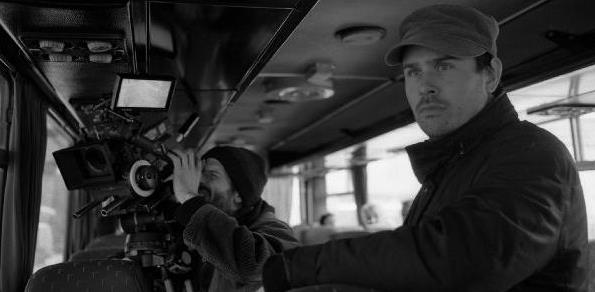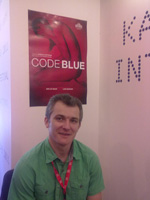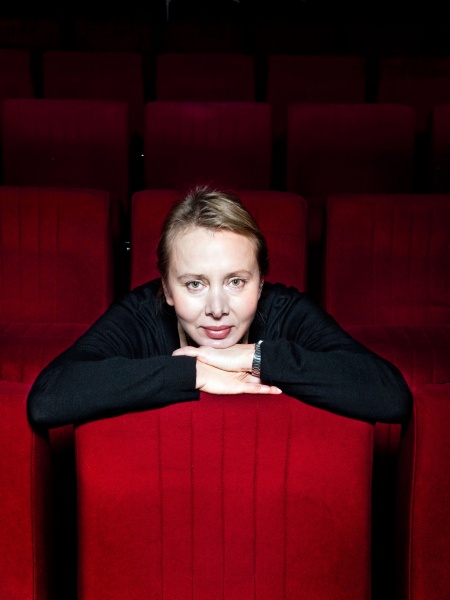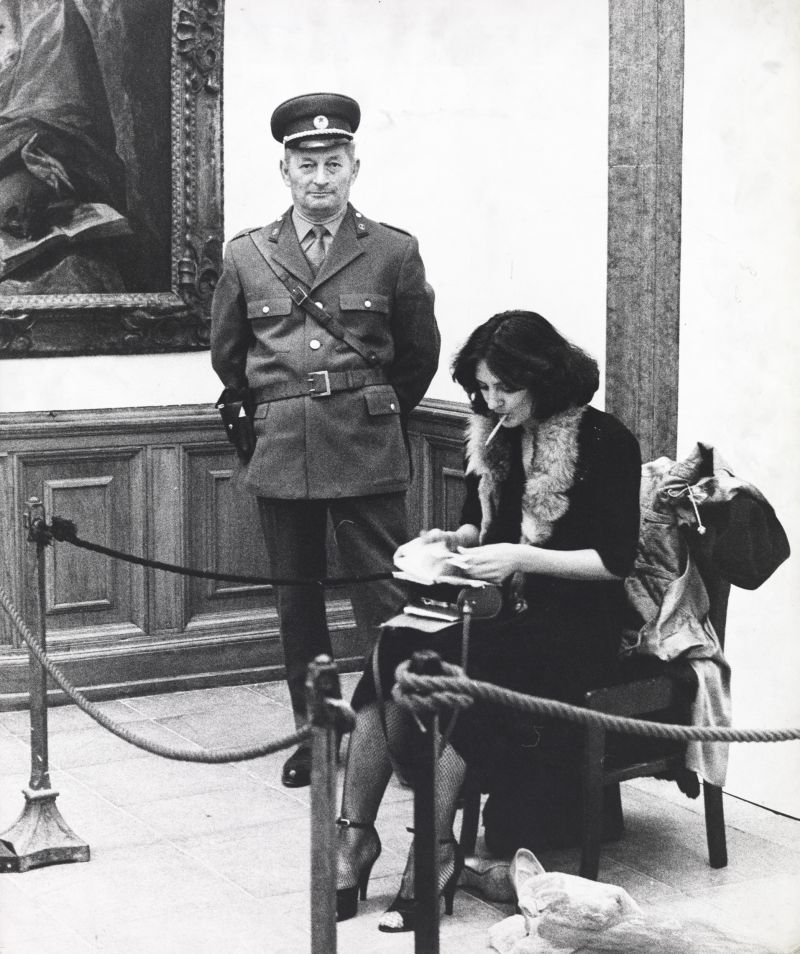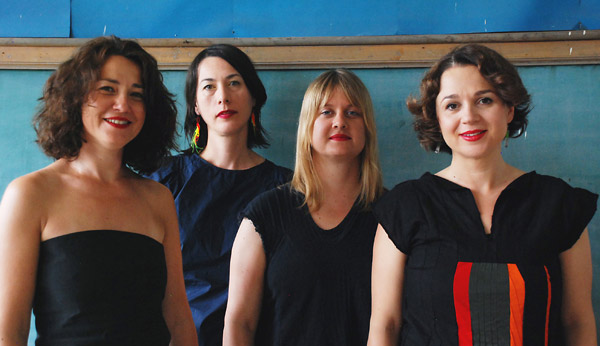Dispatch from Bucharest
Preparing for my first time back in Romania after 7 years I was filled with a certain anxiety: those stray dogs I remembered wandering the streets in packs, the beggars on every street corner, the guilt one feels for being a “privileged foreigner” amidst all the poverty and misery.
And yet my one week stay, undertaken thanks to a grant from the Romanian Cultural Institute, was filled with surprises: on the surface at least everything looked like a county on the cusp of change. Bucharest was vibrant and alive with an amazing energy, and specifically the art scene was in … Read more

